Kenya
A woman’s bottom cheered me up recently. The lady was walking ahead of me in a Kenya street and she was wearing a kanga — a local garment worn like a bath towel and printed with colourful geometric designs. A kanga is traditionally emblazoned with a Swahili proverb or scrap of esoteric advice, making it a bit like a wearable fortune cookie. This one had written neatly across it: Huwezi kula n’gombe mzima halafu ukasema mkia umekushinda — which roughly means, ‘Don’t eat a whole cow and then say you’re defeated by the tail…’ Persevere! Never give up! That was the message I took home to the farm.
I became a farmer in Kenya almost by mistake. I thought it would be a fun project to buy a parcel of wilderness and develop it 14 years ago. We pitched a tent, donkeys carried the water home, and for my birthday Claire gave me a heifer I named Buttercup. Our toddler children took their baths in a bucket under a tree. There were few people around in the district and across the vast plains at night you couldn’t see a single electric light. When rustlers stole our cattle and we had to track them for days I thought it was almost quaint. In a way it was fun. I was spooked a bit when a bandit emptied an entire clip of AK-47 rounds into my vehicle while I was driving to a neighbouring ranch for dinner.
Last year a gang of invaders surrounded me near my home and threw rocks at me. Recovering in hospital afterwards, I decided it was time to devote all my efforts to farming. Otherwise it was clear we would lose it to the trespassers local politicians were inciting to overrun ranches and conservation areas. The local politicians’ offer, it appears, is to try to offer impunity to pastoralist trespassers attacking private farms in return for votes in Kenya’s elections later this year. As a political tool the leaders are using vast herds of cattle — many of which are owned by the leaders themselves, especially since livestock is a great way of laundering ill-gotten gains — as a battering-ram to bash their way on to private lands. Abandoning their homes in northern rangelands destroyed by decades of overgrazing, the pastoralists and their herds are pushing south into more settled areas, crop farms and conservancies which are some of the last refuges for rare species like elephant, rhino and lion. On a friend’s farm nearby a staff member was shot in the back of the head yesterday and a policeman was gunned down on the same property a couple of months ago. On another ranch four people have been killed since June. One of them was a staff member who had his eyes poked out first.
Government leaders promise this mayhem will end, but as I write this I look up from my computer and I can see about 7,000 trespassing cattle on the next-door ranch. The farm next to that has about 30,000 cattle overrunning it. Miraculously, our place is holding out. Terrified elephant have broken through our gates to take refuge with us and it’s almost standing room only for pachyderms, plus other wildlife species. I don’t mind a few of them but I am trying to get on with the job of running a productive farm. The one cow Buttercup grew into a herd of 400 cattle, many of which I trade with my Samburu pastoralist neighbours at a monthly sale. ‘I’ll buy your cattle,’ I say. ‘As long as you don’t break down my fences…’ Not many farmers would bale hay, mainly because of the risk of trespass. I decided to mow some of our plains and we’ve got 12,000 bales stacked away in a huge barn I built for the purpose.
After several wet years we are going into a dry cycle that many farmers predict will see a humdinger of a drought. ‘Drought is coming,’ ranchers announce ominously and with regularity. Having spent a fortune on a tractor and new farm machinery this year, I am digging dams. I also hope to plough up several hundred acres to plant wheat early next year. Kenya is a country that suffers from what UN types call ‘a food deficit’.
Three days ago one of my Samburu neighbours was attacked by four youths who accused him of grassing them to the police in a livestock-theft case. They tried to spear him, beat him with clubs and left him for dead. As I finished writing this piece a few minutes ago we heard a gunshot in the valley. Others might leave but we will stay. Another kanga saying goes, ‘The noise of the frog does not stop the cow from drinking.’
Got something to add? Join the discussion and comment below.
Get 10 issues for just $10
Subscribe to The Spectator Australia today for the next 10 magazine issues, plus full online access, for just $10.


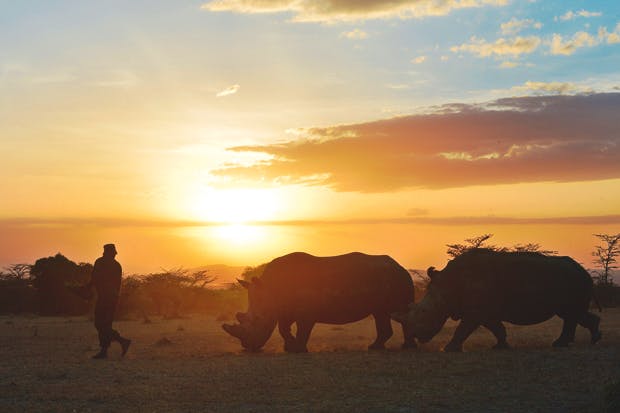
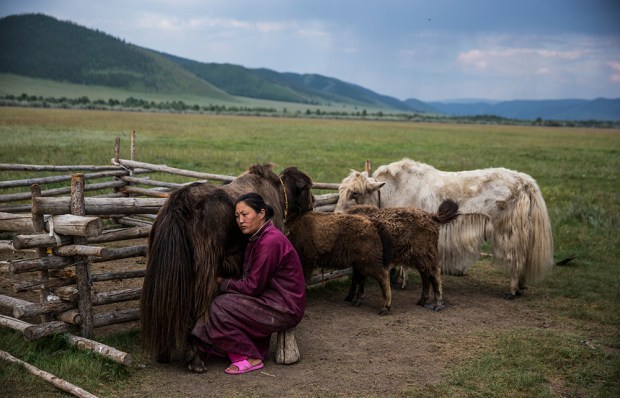
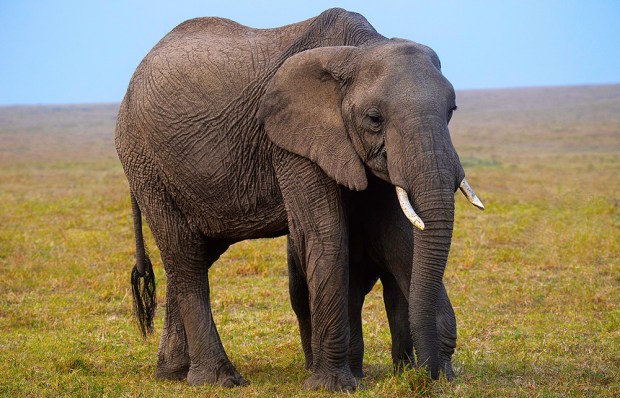
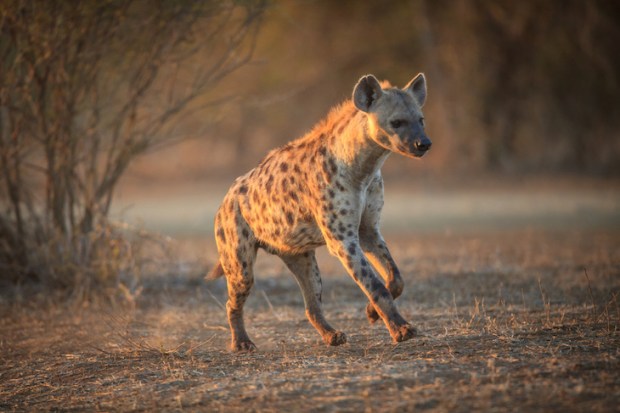
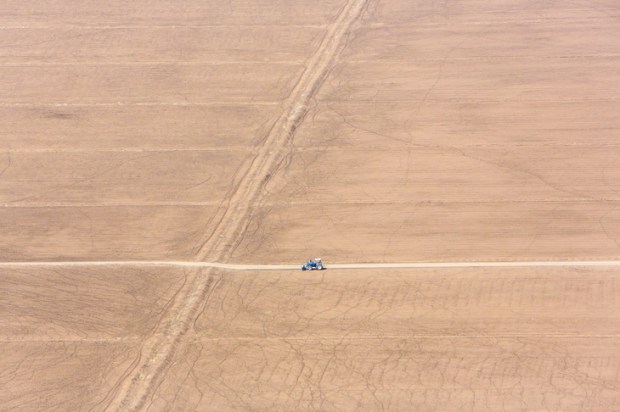

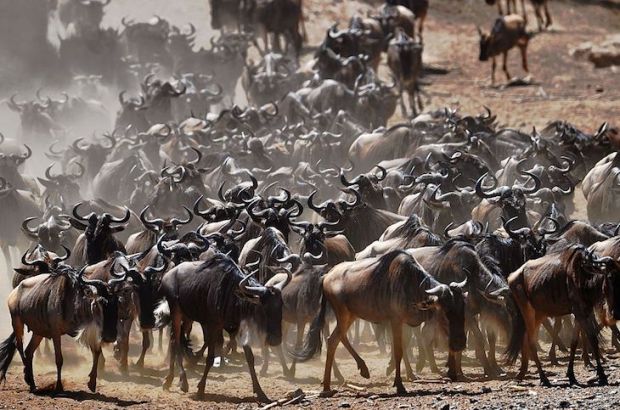






Comments
Don't miss out
Join the conversation with other Spectator Australia readers. Subscribe to leave a comment.
SUBSCRIBEAlready a subscriber? Log in